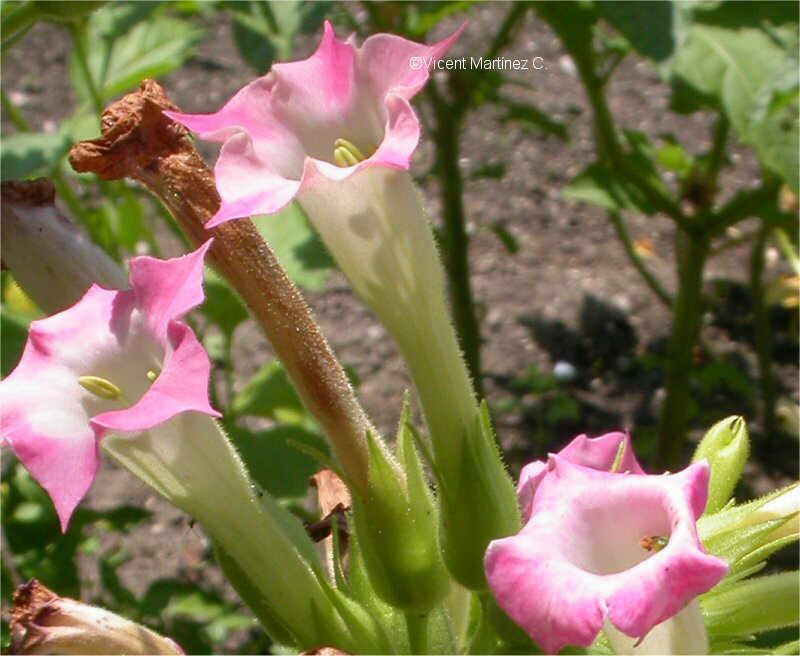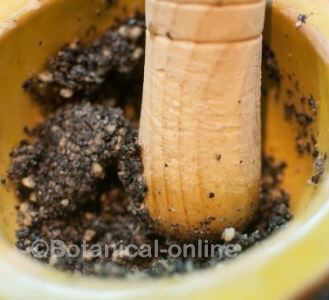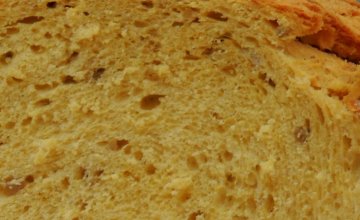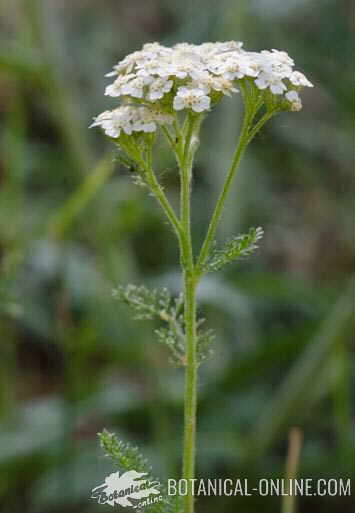Contents
- 1 Herbal treatment for infected wounds
- 1.1 When is a wound infected?
- 1.2 What danger presents an infected wound?
- 1.3 What people have more risk of a wound infection?
- 1.4 Is it enough to apply antiseptic typical remedies like hydrogen peroxide, iodine or alcohol to treat infected wounds?
- 1.5 How to take care of wounds
- 1.6 What to do with an infected wound?
- 2 Natural plant treatment for infected wounds
Herbal treatment for infected wounds
When is a wound infected?
A wound can be considered infected if it has an ugly aspect and when it does not end to heal over time.
Sometimes, though a wound can present a good appearance on the outside, it does not finish to heal and continues to produce itching or pain. In this case it is because this wound may be infected on the inside.

What danger presents an infected wound?
An infected wound can infect the whole body, causing serious problems that can affect vital organs or even cause death.
An infected and ill-treated wound can produce what is medically known as septicemia, which is a very serious generalized infection.
It is estimated that 8 million people die annually in the world because of septicemia, and the origin of this infection is often a simple cut on a finger.
What people have more risk of a wound infection?
The main risk factors for wound infection are:
- Obesity
- Diabetes
- Smoking
- Failure of the immune system
- Use of steroid medications.
Is it enough to apply antiseptic typical remedies like hydrogen peroxide, iodine or alcohol to treat infected wounds?
No, this kind of remedies are only useful to avoid infections.
It is not advised to apply natural remedies when there is infection either.
A wound showing any symptoms as those mentioned above, should be subjected to a more aggressive treatment with antibiotics by a doctor or specialist.
How to take care of wounds
The following drawing explains how to do it:
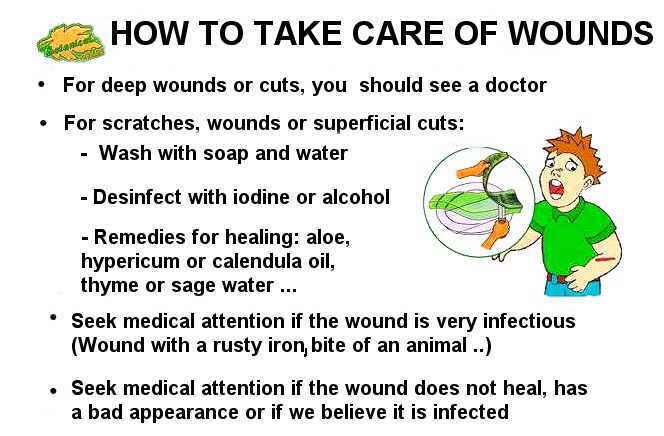
Main steps to take care of a wound
What to do with an infected wound?
If any of the above symptoms appear, the best we can do is go to the doctor who will examine the wound and will prescribe the most appropriate treatment
Natural plant treatment for infected wounds
We can use herbal preparations to treat minor wounds, using medicinal plants that will help to prevent infection or will favor cicatrization.
Phytotherapy: Medicinal plants to cure wounds
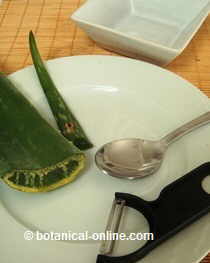
Here, there is a list of herbal remedies which are very useful in case of wounds:
- Aloe (Aloe vera) Aloe vera gel can be applied on wounds in order to clean them and favor their healing
- Calendula ( Calendula officinalis) Use calendula cream applying it on the wounds 3 or 4 times a day
- Echinacea: (Echinacea spp. ) Apply echinacea oil , mixed with warm water, about 3 drops per tablespoon, to prevent wounds from becoming infected.
- St. John’s wort (Hypericum perforatum) Apply hypericum oil on the cut. (Apply St. John’s wort creams or preparations sold in pharmacies or herbalists’)
- Plantain (Plantago major) (Mash a plantain leaf and apply this paste on the cut)
- Lavender (Lavandula officinalis, Lavandula latifolia) Wash the wound with an infusion of a spoonful of dried flowers per cup of water.
- Thyme: (Thymus vulgaris) It is one of the best antiseptics, both in internal and external use. Wash the cuts with a well-infused infusion of flowering tops three or four times a day)
- Chamomile: (Matricaria chamomilla) Repair of skin conditions (Apply compresses with the liquid resulting from the infusion of a teaspoon of dried flowers per glass of water)
- Cochayuyo: (Durvillaea antarctica) This valuable seaweed has cosmetic properties, since crushed and in the form of plaster is exfoliating and healing of the skin. Alginic acid provides a smooth and firm skin when the algae is applied in poultice for 30 minutes.
![]() More information on infected wounds
More information on infected wounds

